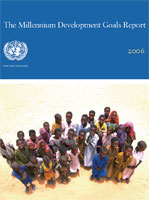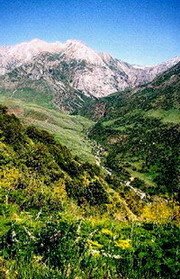Purpose of post:: Promoting Natural Sciences Sector actions in Science and Technology Education & Technical Capacity building.
Main responsibilities: Under the authority of the Assistant Director-General for Natural Sciences and under the supervision of the Director of the Division of Basic and Engineering Sciences, the incumbent shall, in particular:
· Foster the quality of university science and technology education in developing countries and reinforce the linkage of university education with other levels of education in science and technology.
· Promote the Organization’s clearing house functions on science and technology education for sharing information on curricula development, innovative teaching methodologies, and best practices.
· Carry out and/or develop selected activities for capacity building in engineering and technology in developing countries. Oversee and foster collaboration between divisions of the Sector for Natural Sciences and regional offices in strengthening national capacities in engineering, science and technology and science-based monitoring of the environment.
· Provide back up to cross-sectoral activities on building capacities in developing countries and mainly, least developed countries and post-conflict countries to address the goals for sustainable development specified in the UN Millennium Declaration.
· Promote extra-budgetary activity in technical capacity building and in science and technology education.
Profile:
· Advanced University Degree, preferably at Doctorate level, in one of the basic or engineering sciences.
· 10 to 15 years of progressively responsible relevant experience of which, at least 5 years’ experience in university teaching in science and/or engineering, and in the planning, management or administration of university education, and at least 5 years’ experience of regional or international activity in building up human and institutional capacity in science or engineering in developing countries. Part of this experience should be acquired at the international level.
· Demonstrated experience in science-based monitoring of the environment.
· Thorough knowledge and ability to use micro-computers (for retrieval and analysis of information and for information service to Member States and partner organizations) in particular mastering of Word; Excel, Internet, etc.
· Excellent oral and written communication skills.
· Excellent knowledge of English or French, and good knowledge of the other language.
Conditions of employment: UNESCO’s salaries are calculated in United States dollars but mainly paid in local currency. They consist of a basic salary and a post adjustment which reflects the cost of living in a particular duty station and exchange rates. For this post, the annual remuneration in local currency will start at around €95,900 (€89,100 if without dependants), exempt from income tax. In addition, UNESCO offers an attractive benefits package including 30 days’ annual leave, home leave, an education grant for dependent children, a pension plan and medical insurance. The initial appointment will be for two years, with a probationary period of 12 months, and renewal of the contract is subject to satisfactory service. Wordwide mobility is required as staff members have to serve in other duty stations according to UNESCO’s job rotation policy. UNESCO is a non-smoking organization.
How to apply: Candidates should use UNESCO’s online application system at
www.unesco.org/employment. Candidates without access to internet may send a paper application by completing the official UNESCO CV form (available at Headquarters, UNESCO Offices, National Commissions in Member States, or any office of a United Nations Resident Representative) in English or French to Chief, HRM/RCR, UNESCO, 7 place de Fontenoy, 75352 Paris 07 SP, France, before the closing date, quoting the post number “SC-427”. There is no application, processing or other fee at this or at any stage of the process.
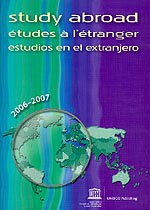
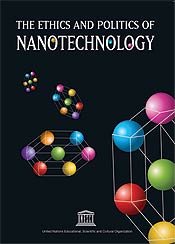
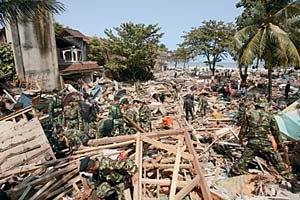 Photo by DIMAS ARDIAN / GETTY IMAGES via
Photo by DIMAS ARDIAN / GETTY IMAGES via 